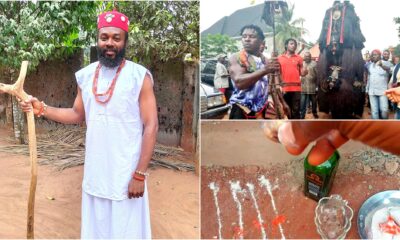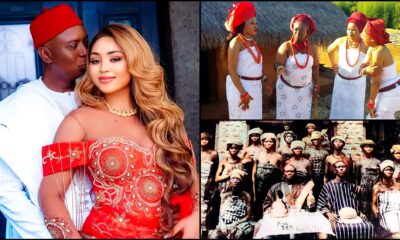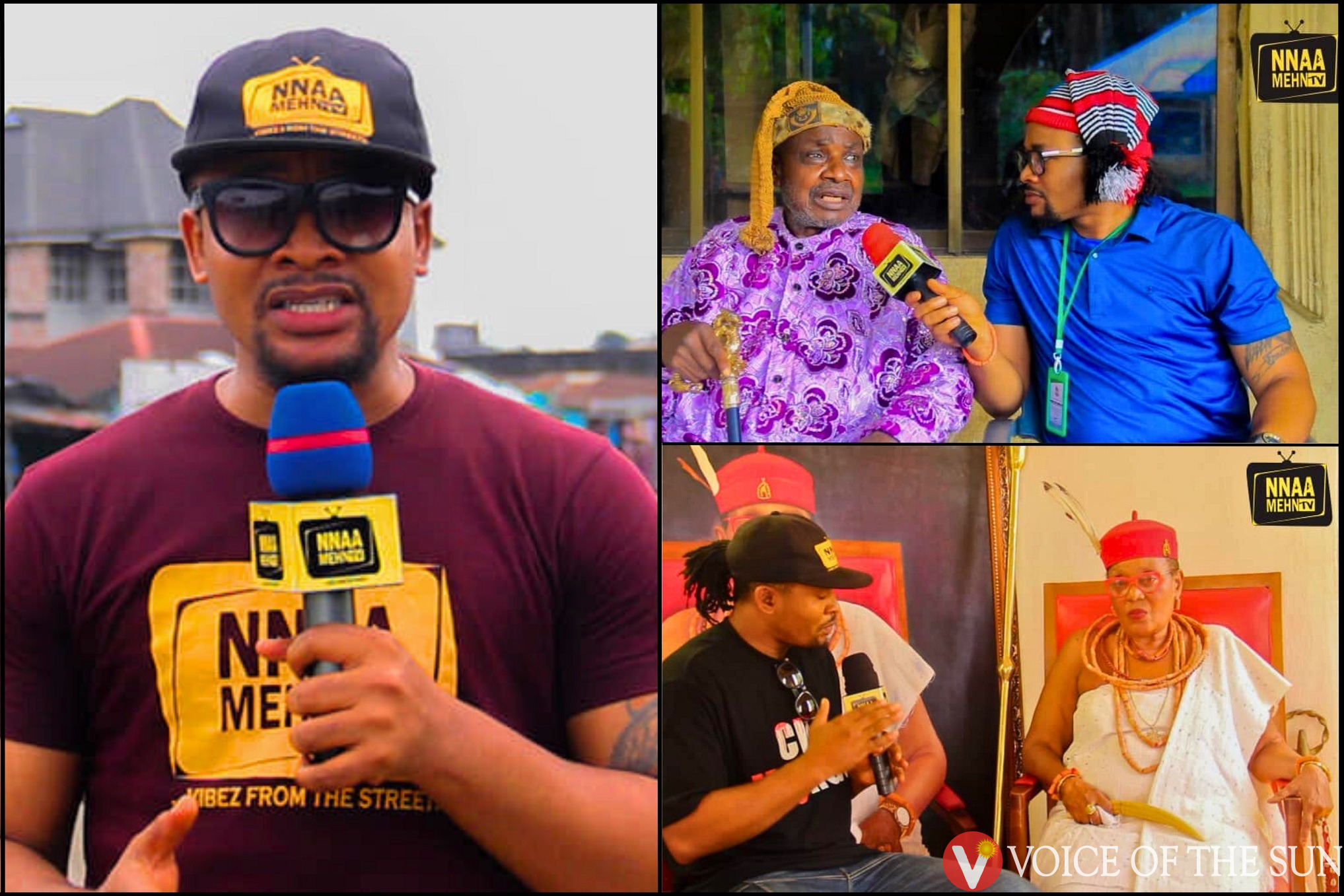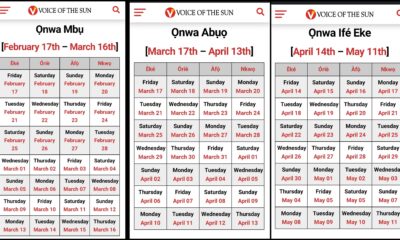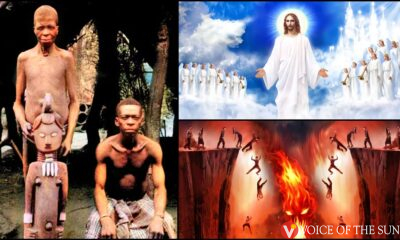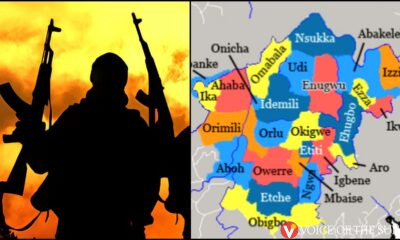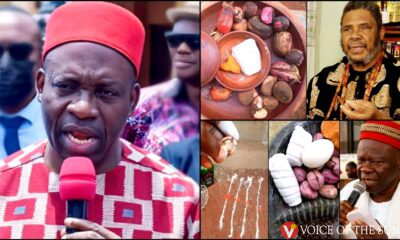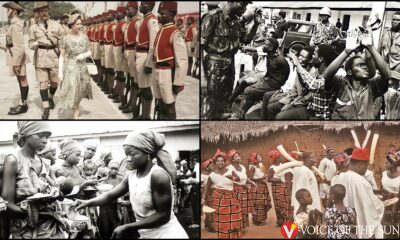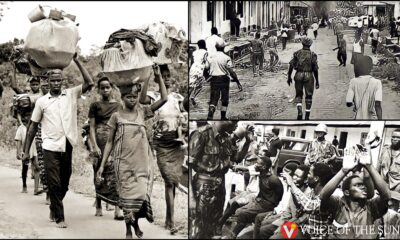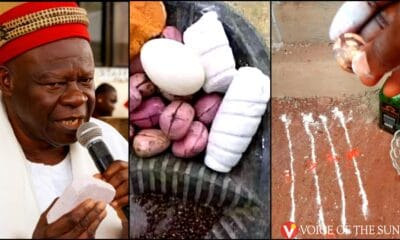Igbo Spirituality
An Introduction To Who A DIBỊA Really Is In Odinala Na Omenala Igbo
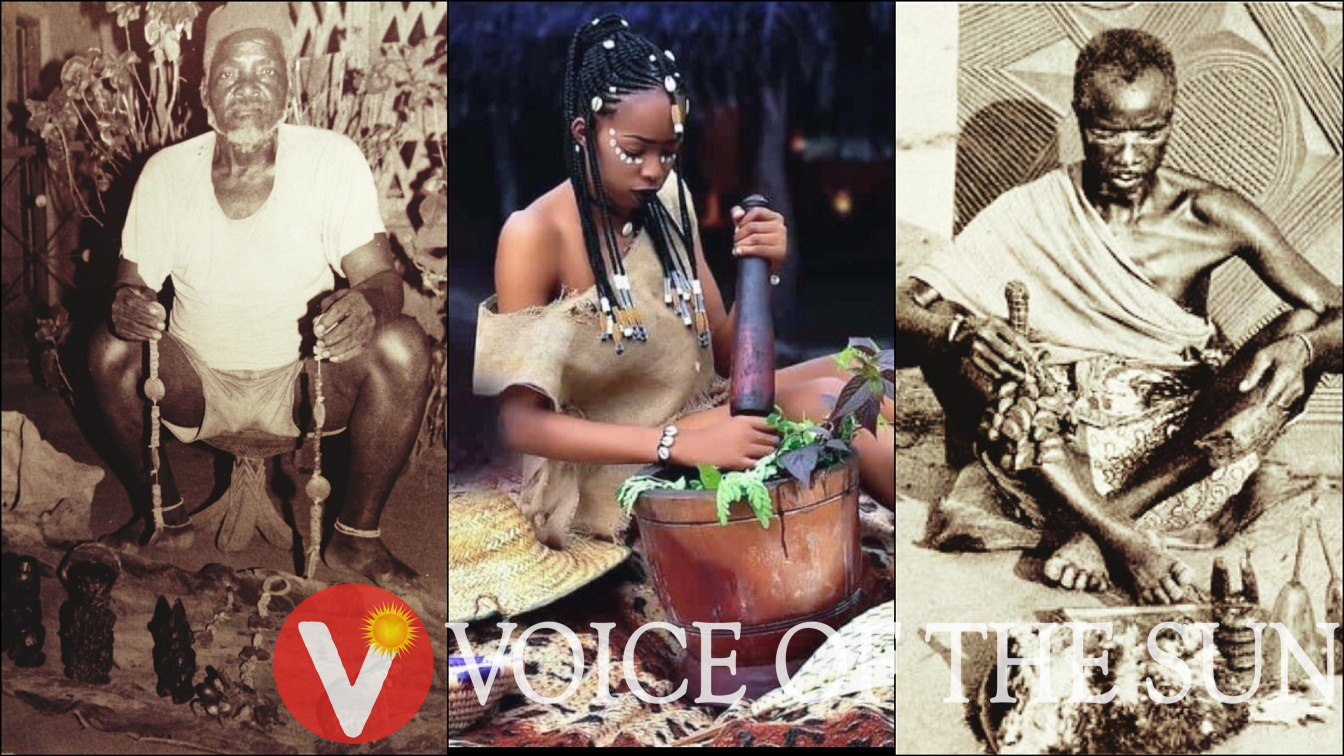
The term DIBỊA is one that is often met with so much mistrust, negativity, and evil connotations. This is the case for most Ndi Igbo (especially Christians) who the foreign religion and curriculums have miseducated, to see everything about the Ìgbò DIBỊA to be evil, demonic, and dark.
When one says he/she needs to consult a DIBỊA, automatically that person is a diabolic person and should be avoided. But in reality, that is not the case. This generalization by our people has also been amplified by Nollywood through the negative ways in which they represent/portray the Ìgbò DIBỊA and Ìgbò spirituality.
In this article, we are going to educate you on who truly the Ìgbò DIBỊA is, and what his/her function is in the overall spirituality and health of Ndi Igbo.
DIBIA – DI ABIA (Master Of Knowledge And Wisdom)
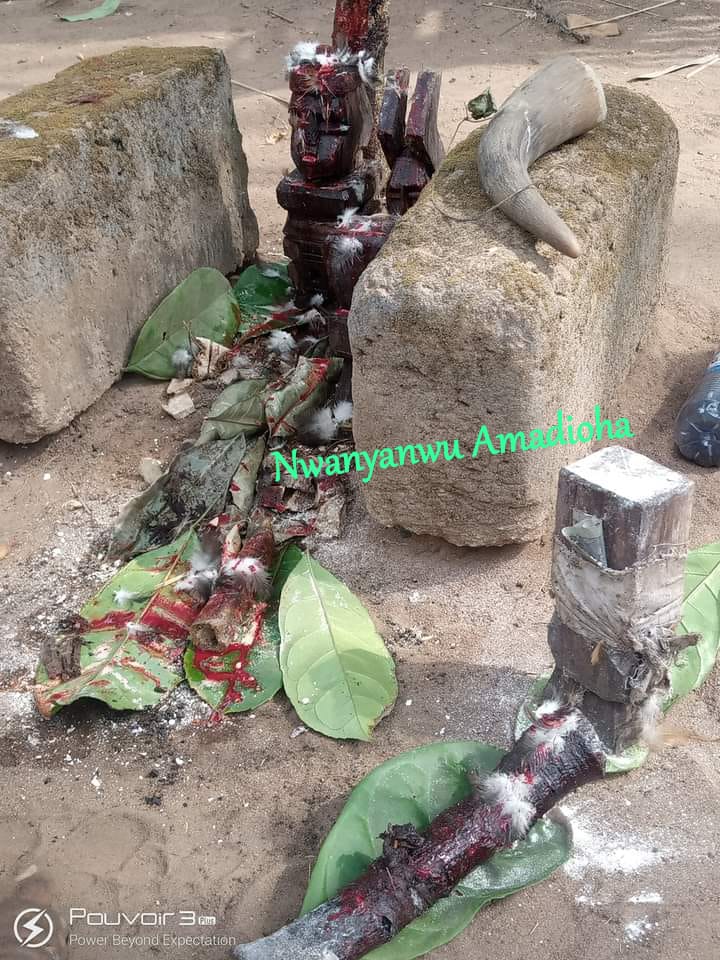
A DIBỊA in Igbo culture is a man or a woman with vast knowledge of nature and spirituality, called to save a and serve a people. In some cases, they are called the wise ones, great ones, the eyes of the gods, or “Masters Of Knowledge and Wisdom,” which is the literal meaning of the word DIBỊA in the Igbo language. In this knowledge, they are mostly people who are divinely chosen to be DIBỊA, and sometimes it can be learned by being around or serving as apprentices to a well-rich in knowledge DIBỊA.
There are several branches of being a DIBỊA, hence being a DIBỊA is a vast knowledge, and I mean as vast as when you say in English that someone is a doctor. For example, in the Western world, a doctor is defined as follows:
- A teacher or a learned man.
- A person who holds a doctorate.
- A physician or surgeon.
- A person licensed to practice any of the healing arts, such as an osteopath, dentist, veterinarian, etc.
And the word doctor originated from an old Latin word “doctore” which means a teacher, and in English as a doctor, teacher, or learned man. In the Ìgbò setting, DIBỊA is a vast field of knowledge that includes:
(1) DIBỊA MGBỌRỌGWỤ NA MKPAFIFIA/AKWỤKWỌ
These are a group of DIBỊA which we call herbalists in the English language. These are people that specialize in discovering and treating sicknesses using roots, herbs, and natural materials. Their goal is to save lives.
(2) EZEMMỤỌ, (CHIEF PRIEST OF AN ORACLE)
They are also referred to as the mouthpiece or eyes of the gods. These are a set of people which we also refer to as DIBỊA. They serve as mediators between the people and the oracles. They offer sacrifices to the gods and the Oracle, and alert the leadership of the people when things are going bad in the society, eg: when an abominable act is perpetrated either in the secret or openly.
(3) DIBỊA OWUMMIRI
These are the mediators between the water goddesses and man. These are special sections of DIBỊAs whose works comprise reaching out to the river goddesses and gods, and helping people with issues relating to water spirits like ọgbanje and iyi ụwa problems. They can offer sacrifices and mediate between the person involved and the spirits in other to bring solutions.
(4) DIBỊA MGBA AFA
These sets which in the English language can be referred to as diviners, soothsayers, fortune tellers, shamans, all kinds of seers, etc. They are specialists in every spiritual inquiry. When you approach them with your problems, what they do is consult the spirit of the ancestors which will reveal to them, the cause of the problem and what can be done for a permanent solution. Sometimes, they have limited powers in solving a particular problem, so they might direct you to a higher power or can also go in your name, and in the end, the goal is to get the solution.
(5) DIBỊA NHA MMIRI
This group of DIBỊA is known as rainmakers/rain doctors in English term. Rain doctors are the people that possess the power to control rain and wind. They can cause the wind to blow, make it rain, and stop the rain. They possess the natural/spiritual /scientific knowledge of doing this. They have the power to cause the wind to blow, shift rainfall from one direction to another or stop it from falling at a particular location at a particular time, (ịchụ mmiri) and some can only make rainfall, but cannot control or stop rain from falling, (Ịha mmiri). There are ones that have the power to carry out both (NDỊ NA ACHỤ MA NA AHAKWA MMIRI).
In all these, as I mentioned earlier, mainly people are divinely chosen by the spirit to serve them in various fields, and one can also acquire this knowledge by staying close to a DIBỊA or serving as an apprentice to a DIBỊA.
Though one person sometimes can divinely be blessed with all of this knowledge in one, I want us to have this understanding that there are differences between them.
There are some DIBỊA that can only give medicines and heal sicknesses but cannot predict anything, and such people are called for that purpose only.
There are some that specialized in predictions, fortune-telling, or any kind of igba afa, but they cannot heal sicknesses.
In rain doctoring, I know some rain doctors that can only bring rain down but cannot stop or control the rain. And there are also some that have the power to control both.
So, in the Igboland setting, all these people are recognized in their various fields.
This teaching becomes very important not just to ordinary people, but to those who are operating as DIBỊAS today in and around society.
Because some bad eggs have destroyed the legacies of our ancestors in this field.
People must be made to understand that being a DIBỊA is never a license to kill or to perpetrate all kinds of atrocities thereby causing pain and sorrow to the people.
Rather being a DIBỊA is a call to save a life, to heal, teach, and uplift the people.
Yes, I understand that anyone that possesses the knowledge of what saves, also must have the ideas of what kills, yes this is just about having the knowledge of negativity and positivity, but the right thing here is that you must be positive here hence life is involved.
Because our people said that okenye ekunyere nwa ọsina ezen’egbu ya marakwa na ekunyeghi ya nwa ka otagbue atagbue. Lol. {An adult who a baby is given to and started complaining that she is having toothache should be mindful that the baby was given to her not to be bitten.} This is just a proverb.
So, they told you all the negative sides of African healing strategies and DIBỊA, but you never asked them about the positive sides???
So, you believe that DIBỊAs or native doctors are bad due to some perceived bad eggs amongst them that are often negative in their practice, but you have not asked yourself who is responsible for the creation of some deadly diseases like Ebola, SARS, Lassa fever, HIV and AIDS, etc?
African spirituality is never an evil practice the way western religion, western education, Western media, Nollywood, and some bad eggs amongst us have made it look, it is all about being positive and always maintaining positive vibrations.
Before western psychiatric treatment came to Africa, Africans have been treating psychiatric-related cases including the madness of all sorts.
Before western ways of health care came to Africa, Africans have been enjoying good health, good medications through nature’s products, and spirituality.
Every poison has its antidote, every sickness has a cure in African ways of healing, and every problem has a remedy.
It is time we as African children start looking back to what we have, in other to use it positively for our general good.
Don’t join those that demoralize and dehumanize us, but join those that are building, elevating, and continuing to uplift us, because our people said that ONYE KPỌỌ ỌKỤ YA NKPỌNKPỌ NDỊ MMADỤ EWERE YA WE’E KPOO NTỤ. If you call your pot scarab people will use it to park dirt.
Ụdọ dịrị ndị chọrọ ụdọ ụmụnne m

Afụnwa Echeta Nna Jr
Aham bụ Nwa Ọgwụgwụ Ụmeohaefọ (the voice of our Ancestors)
This Article Was Written By Nwa Ọgwụgwụ Ụmeohaefọ, And Edited By Chuka Nduneseokwu
Please Support and DONATE To Us. Help Us In Preserving Our History, Culture and Beliefs as Ndi Igbo. CLICK HERE to assist us financially.

-
![How Igbo People Started Becoming Christians 181 Years Ago (1841–2022): A Brief History Of Christianity In Ìgbòland [Part I] How Igbo People Started Becoming Christians 181 Years Ago (1841–2022): A Brief History Of Christianity In Ìgbòland/Among The Ìgbò [Part I]](https://voiceofthesun.com/wp-content/uploads/2022/07/How-Igbo-People-Started-Becoming-Christians-181-Years-Ago-1841–2022-A-Brief-History-Of-Christianity-In-Igboland-Among-The-Igbo-Part-I-1-400x240.jpg)
![How Igbo People Started Becoming Christians 181 Years Ago (1841–2022): A Brief History Of Christianity In Ìgbòland [Part I] How Igbo People Started Becoming Christians 181 Years Ago (1841–2022): A Brief History Of Christianity In Ìgbòland/Among The Ìgbò [Part I]](https://voiceofthesun.com/wp-content/uploads/2022/07/How-Igbo-People-Started-Becoming-Christians-181-Years-Ago-1841–2022-A-Brief-History-Of-Christianity-In-Igboland-Among-The-Igbo-Part-I-1-80x80.jpg) Igbo History and Origins3 years ago
Igbo History and Origins3 years agoHow Igbo People Started Becoming Christians 181 Years Ago (1841–2022): A Brief History Of Christianity In Ìgbòland [Part I]
-
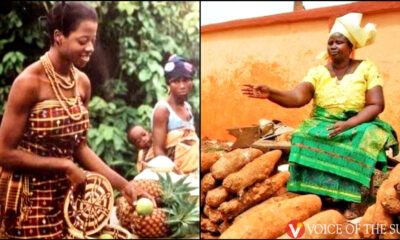
 Igbo Cultures And Traditions3 years ago
Igbo Cultures And Traditions3 years agoThe Four Igbo Market Days and Their Significance In Odinala na Omenala ÌGBÒ
-
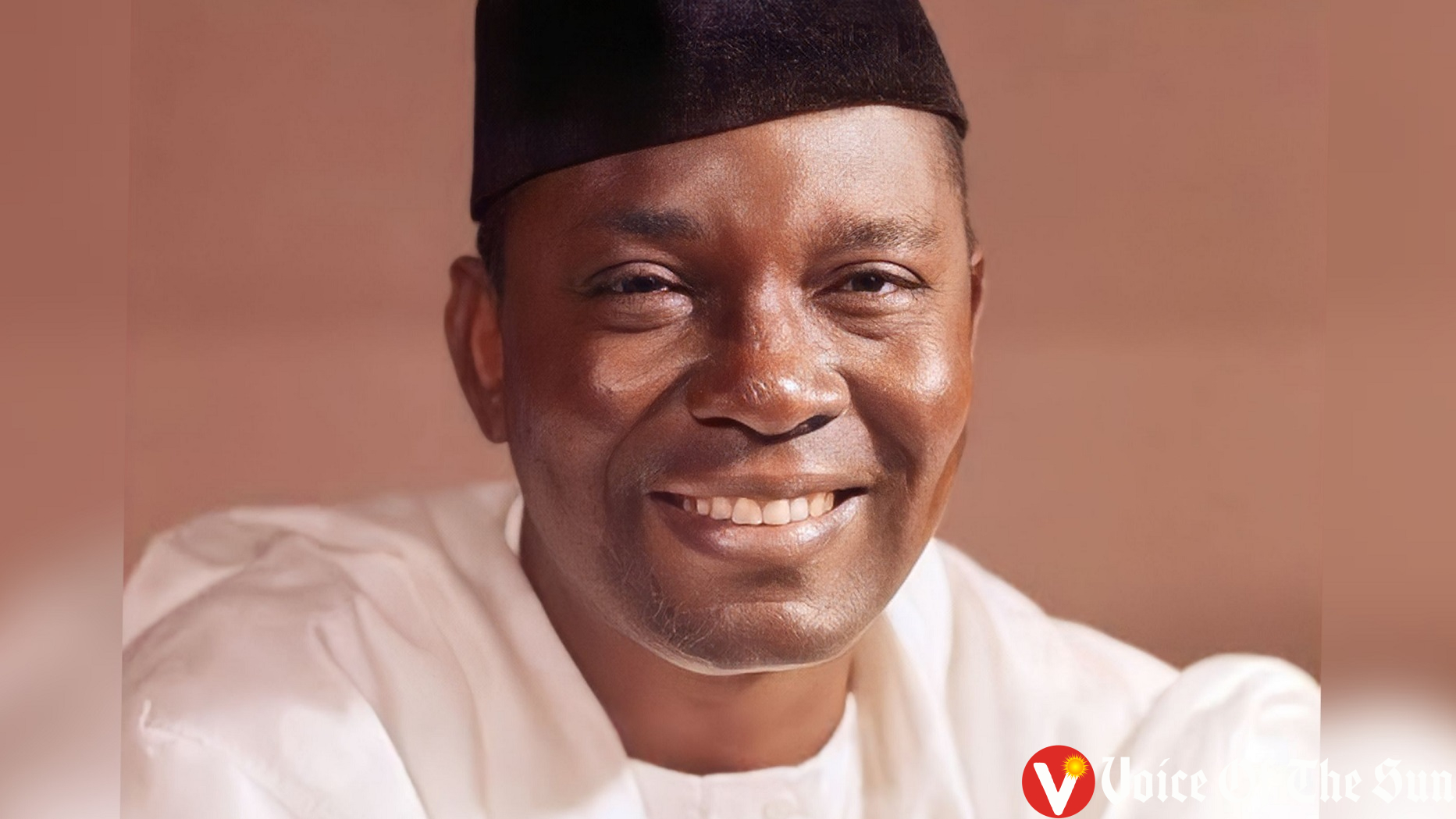
 Igbo History and Origins2 years ago
Igbo History and Origins2 years agoNnamdi Azikiwe: Legacy of a Nigerian Nationalist And Igbo Icon
-
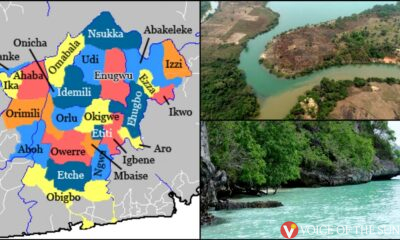
 Igbo News3 years ago
Igbo News3 years agoIgbo Land Is Not Landlocked – We Have The Deepest And Shortest Access To The Atlantic Ocean
-
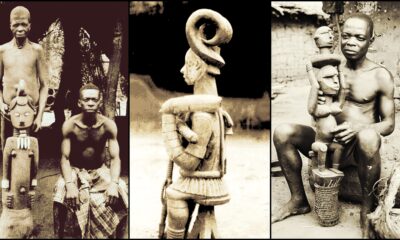
 Igbo Spirituality2 years ago
Igbo Spirituality2 years agoÌgbò Ancestors Did Not Worship Idols and Demons – A Journey Into Ịgọ Mmụọ In Odinana Ìgbò
-
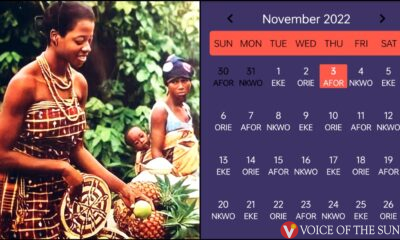
 Igbo Cultures And Traditions2 years ago
Igbo Cultures And Traditions2 years agoWhich Igbo Market Day Is Today – Get The Complete Igbo Calendar
-
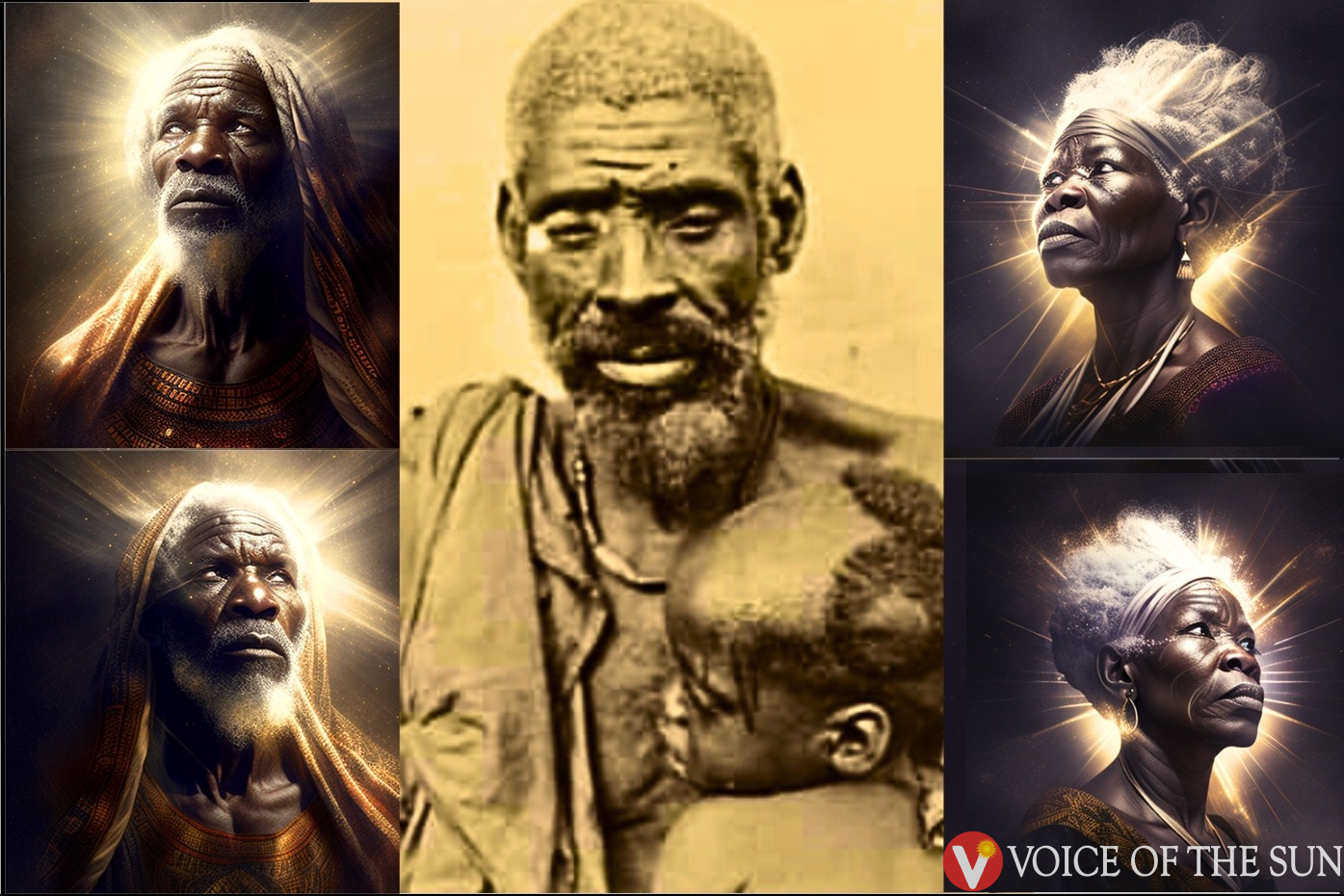
 Igbo Spirituality2 years ago
Igbo Spirituality2 years agoUnderstanding Ndị Ịchie In Igbo Cosmology: Who Are Ndi Ichie In Odinana na Omenana Ìgbò?
-
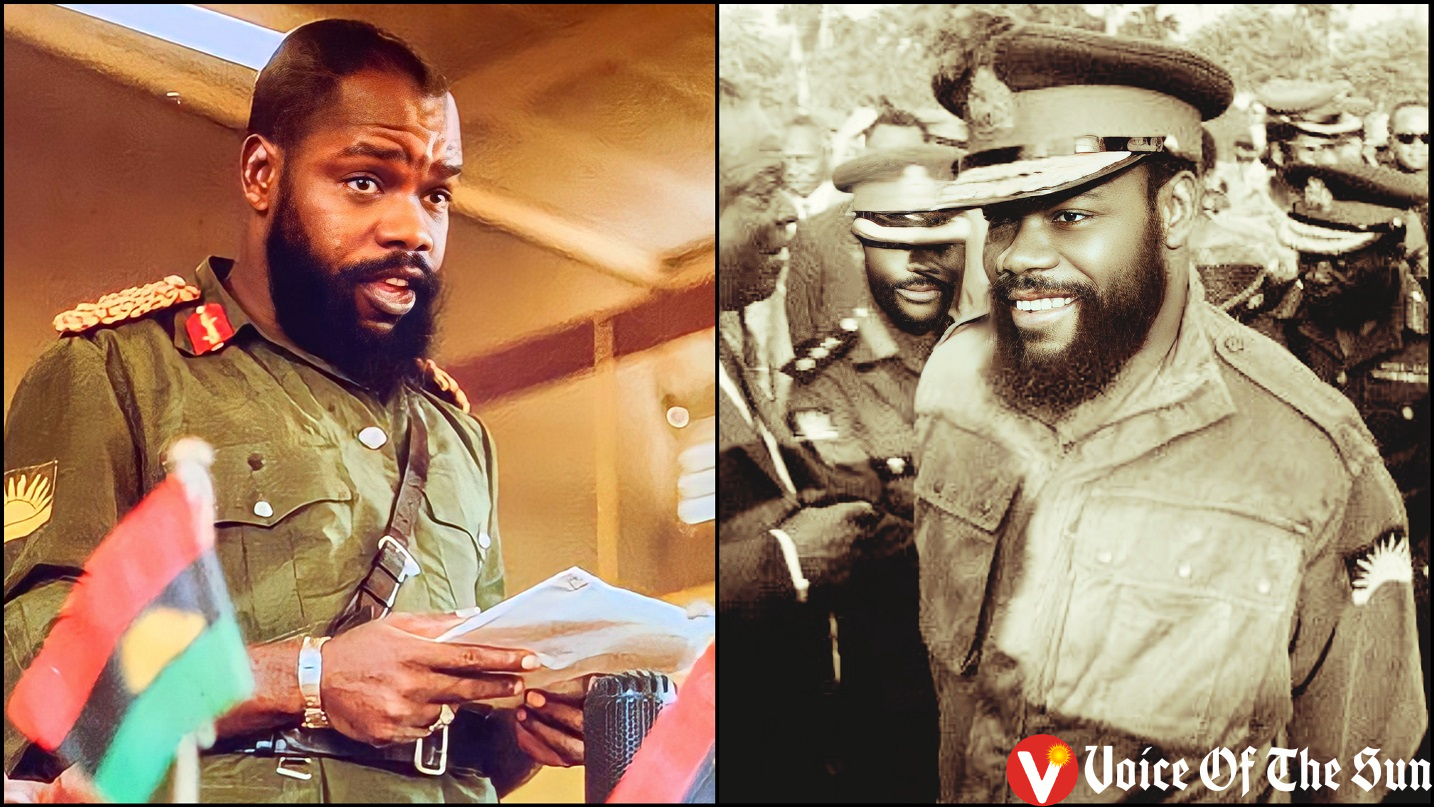
 Igbo History and Origins2 years ago
Igbo History and Origins2 years agoChukwuemeka Odumegwu Ojukwu: The Life And Legacy Of An Igbo Hero
